The Biological Basis of Human Consciousness
Introduction
Human consciousness, a complex and multifaceted phenomenon, is the state of being aware of and able to think and perceive one's surroundings, thoughts, and feelings. The biological basis of human consciousness is a topic of ongoing research and debate within the fields of neuroscience, psychology, and philosophy of mind. It involves the study of the brain and nervous system, and how they interact to produce our subjective experiences.
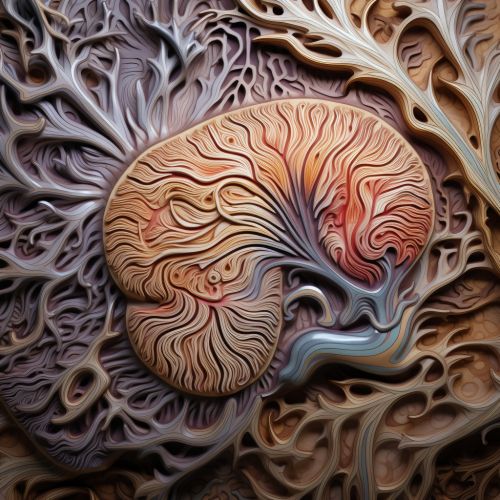

Neurobiological Foundations of Consciousness
The neurobiological foundations of consciousness are rooted in the complex interplay of neural circuits within the brain. The brain is composed of billions of neurons, each interconnected through synapses, forming a vast network that is responsible for all our thoughts, feelings, and perceptions.
Neurons and Synapses
Neurons, the basic units of the brain, communicate with each other through synapses. These are tiny gaps where information is transmitted from one neuron to another. This communication is facilitated by neurotransmitters, chemical messengers that transmit signals across the synapse. The process of synaptic transmission is fundamental to the functioning of the brain and the emergence of consciousness.
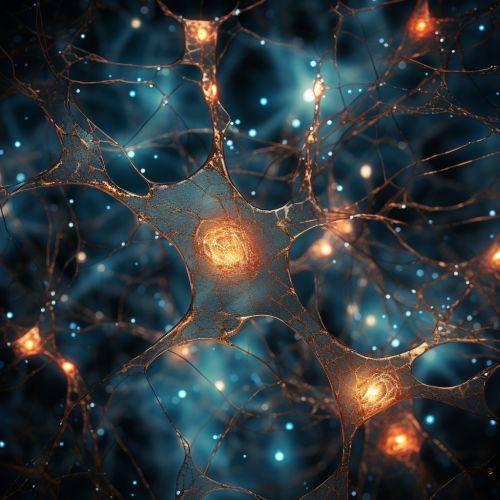
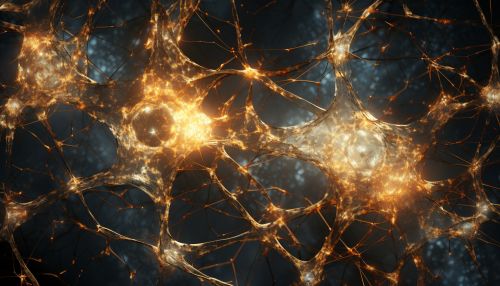
Neural Networks and Brain Regions
Different regions of the brain are involved in different aspects of consciousness. The cerebral cortex, the outermost layer of the brain, plays a crucial role in higher cognitive functions, including consciousness. It is divided into four main lobes: the frontal, parietal, occipital, and temporal lobes, each responsible for different aspects of cognition and perception.
The thalamus, a small structure located deep within the brain, is also thought to play a key role in consciousness. It acts as a relay station, receiving information from the senses and sending it to the appropriate areas of the cerebral cortex.
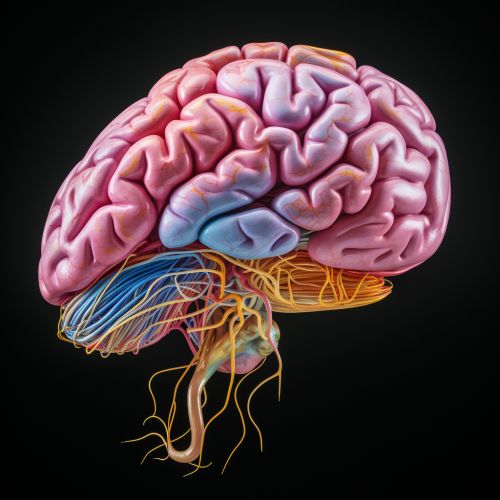
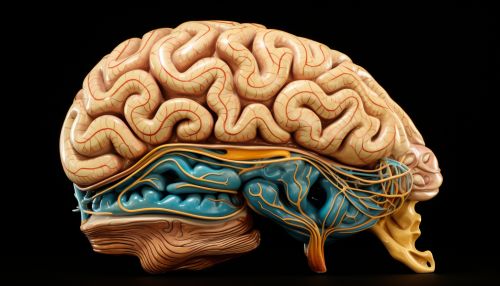
Neural Correlates of Consciousness
The concept of the neural correlates of consciousness (NCC) refers to the specific neural states or processes that directly correlate with conscious experience. Identifying the NCC is a major goal in the neuroscience of consciousness. It involves determining which neural systems are active when we are conscious and how these systems interact to produce our subjective experiences.
Theories of Consciousness
Several theories have been proposed to explain the biological basis of consciousness. These theories attempt to explain how the brain gives rise to our subjective experiences.
Global Workspace Theory
The global workspace theory (GWT), proposed by Bernard Baars, suggests that consciousness arises from the global broadcasting of information across multiple brain regions. According to GWT, when information is globally broadcast, it becomes accessible to multiple cognitive processes, allowing us to be aware of it.
Integrated Information Theory
The integrated information theory (IIT), developed by Giulio Tononi, posits that consciousness arises from the integration of information within the brain. According to IIT, the more integrated the information, the higher the level of consciousness.
Orchestrated Objective Reduction Theory
The orchestrated objective reduction (Orch-OR) theory, proposed by Roger Penrose and Stuart Hameroff, suggests that consciousness arises from quantum processes within the brain's neurons.
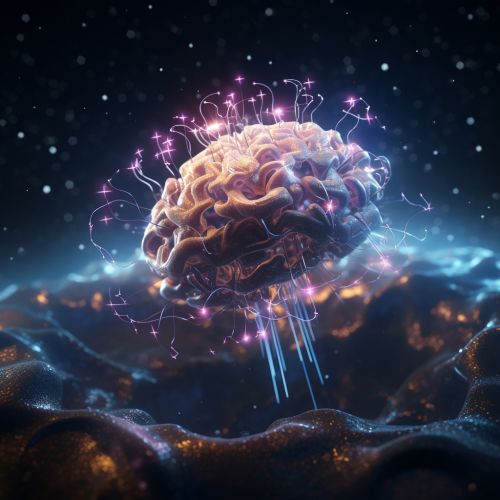
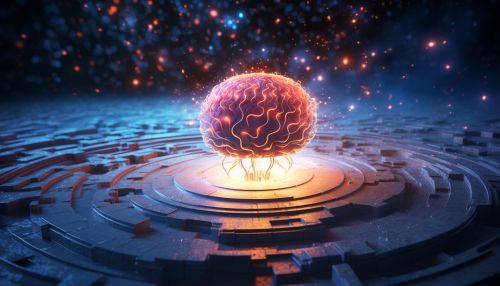
Challenges and Future Directions
Despite significant advances, the biological basis of human consciousness remains a challenging and elusive topic. Future research will continue to explore the complex interplay of neural circuits, brain regions, and cognitive processes that give rise to our conscious experiences.
